Time Travel in Memoir
Memoirs are rarely straight chronological narratives, what with the musing we talked about last episode, and they almost always jump forwards and backwards in time. We discuss Judith Barrington take the mental Time Machine from her book Writing the Memoir, specifically the idea of the “Now” and how with a little signposting, readers can follow along. We also do a bit of grammar review (just a little) and how we use tenses in our own books.
Then it’s onto the nearly ubiquitous chapter that every writing craft book has on sensory detail. We cover the difference between concrete and abstract detail and the best practices for describing characters.
This week’s exercise is some text analysis where we pick apart a short memoir timeline. Time to get our literature geek on.
Read More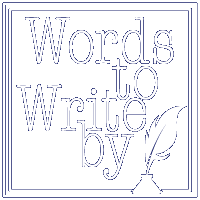
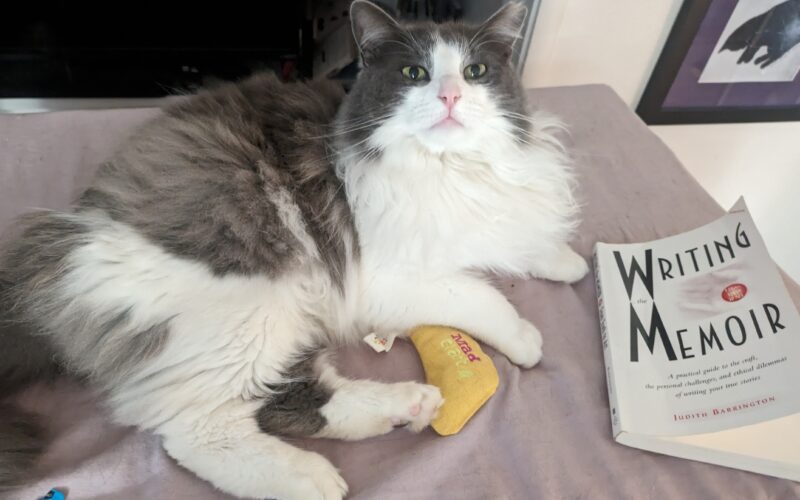
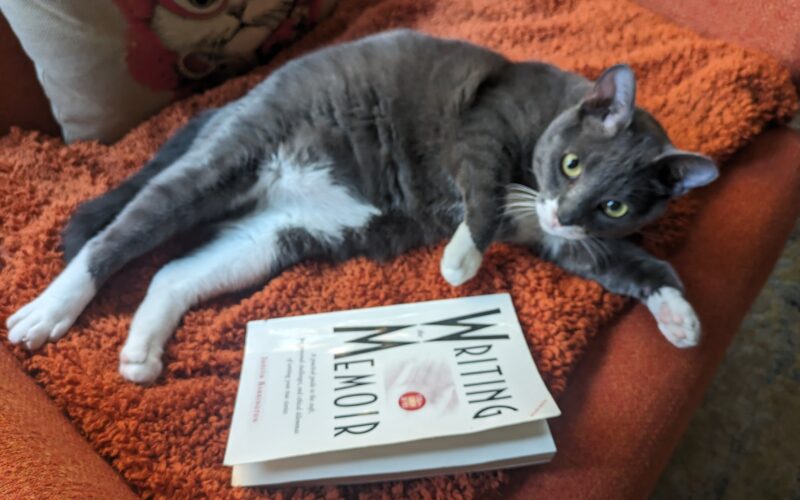
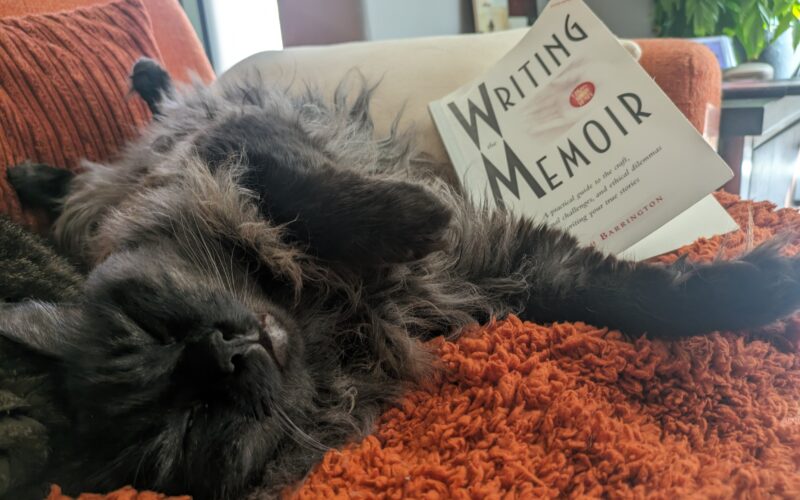
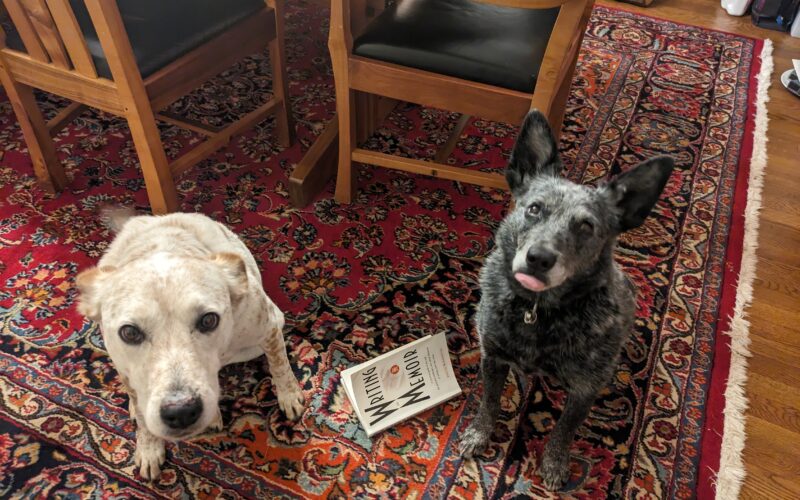
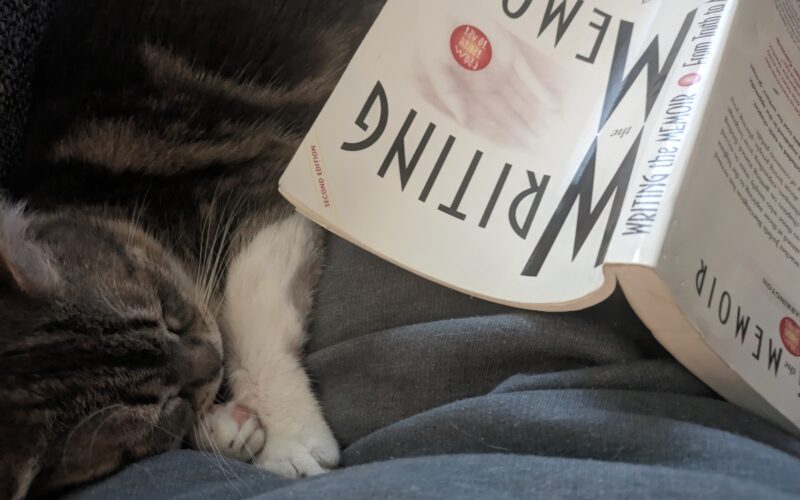
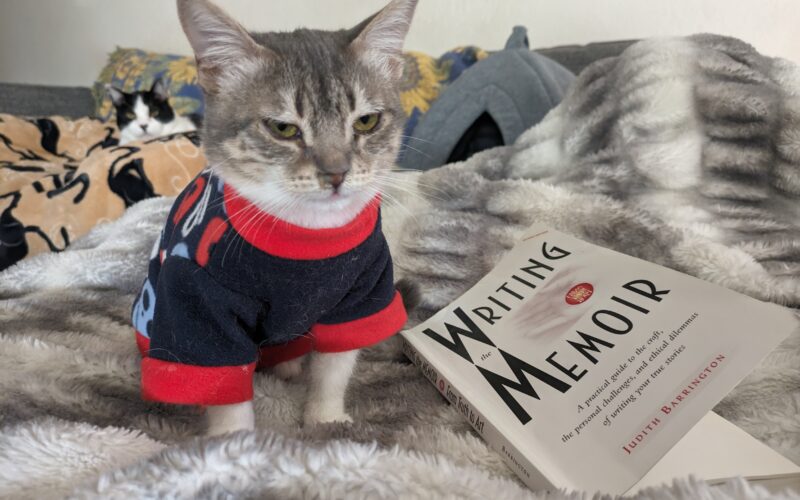
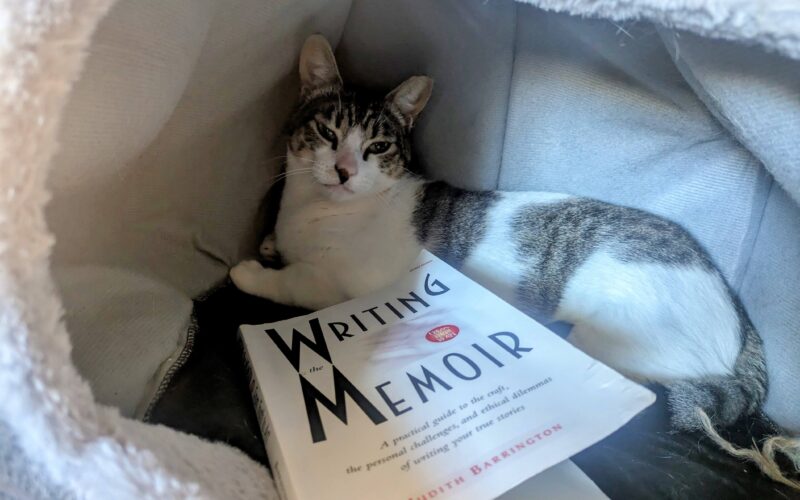
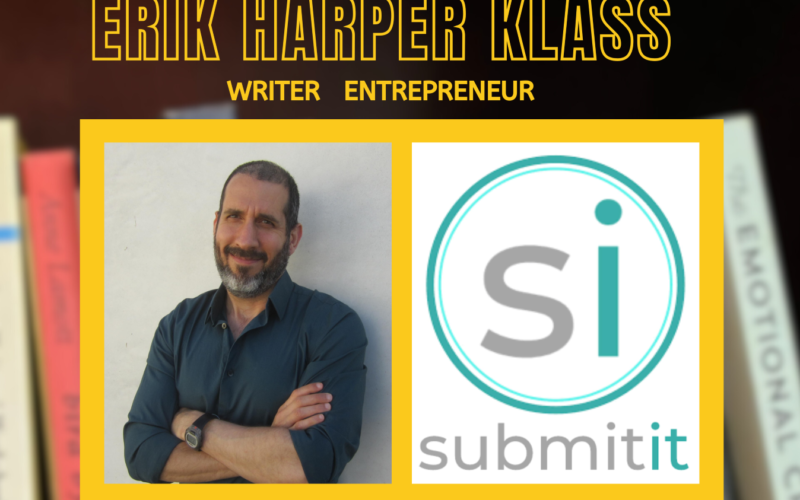
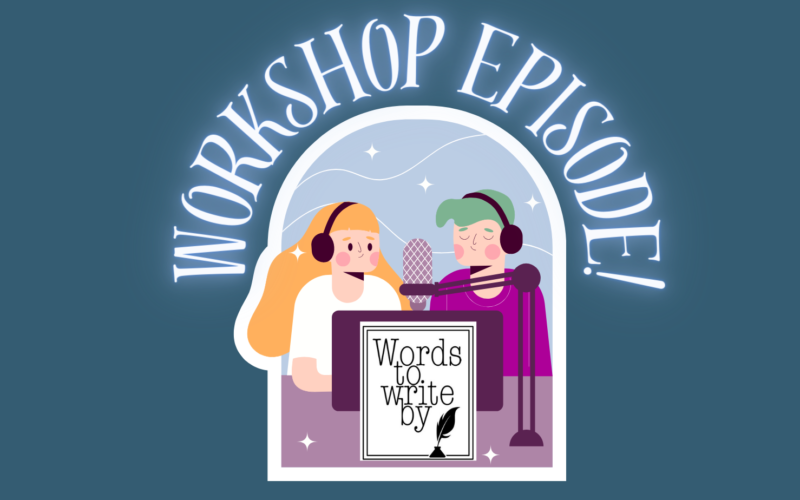
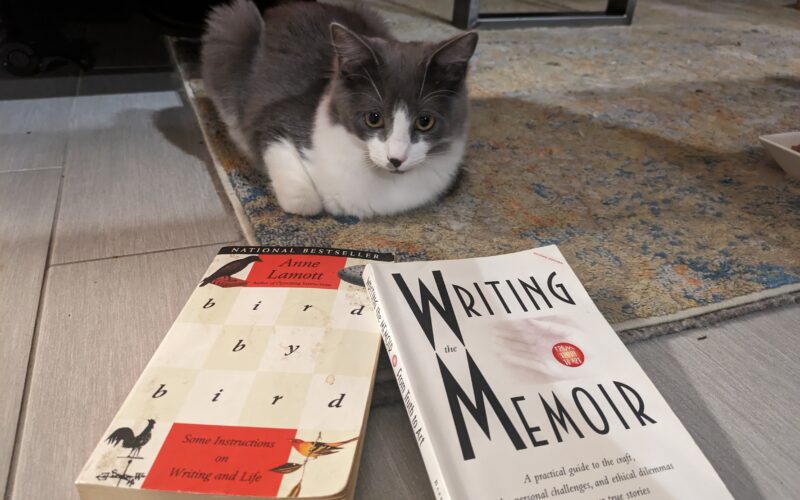
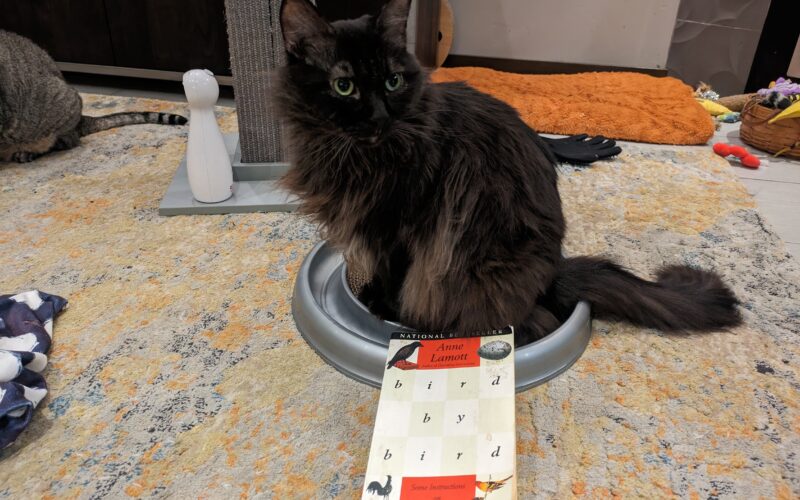
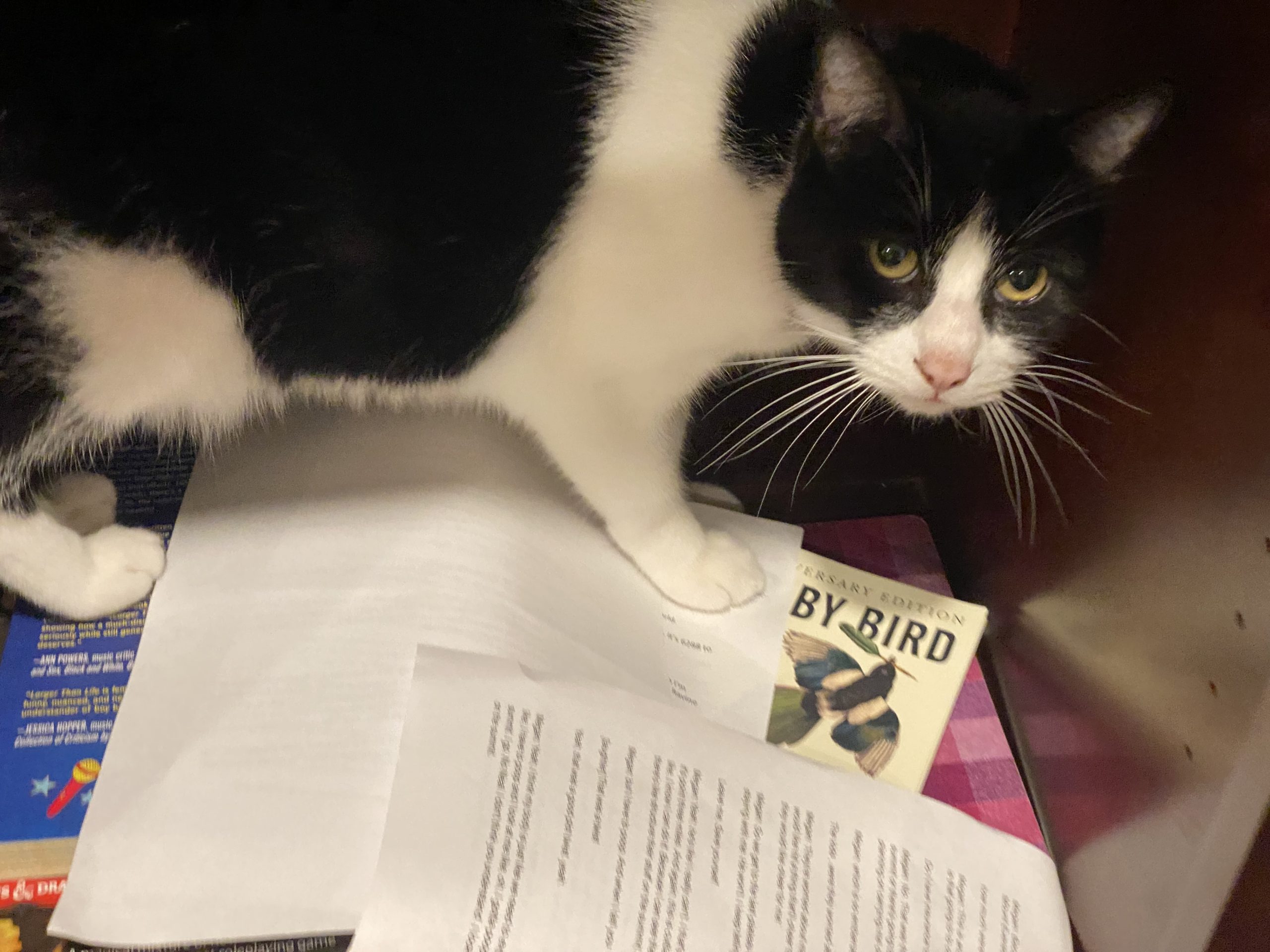
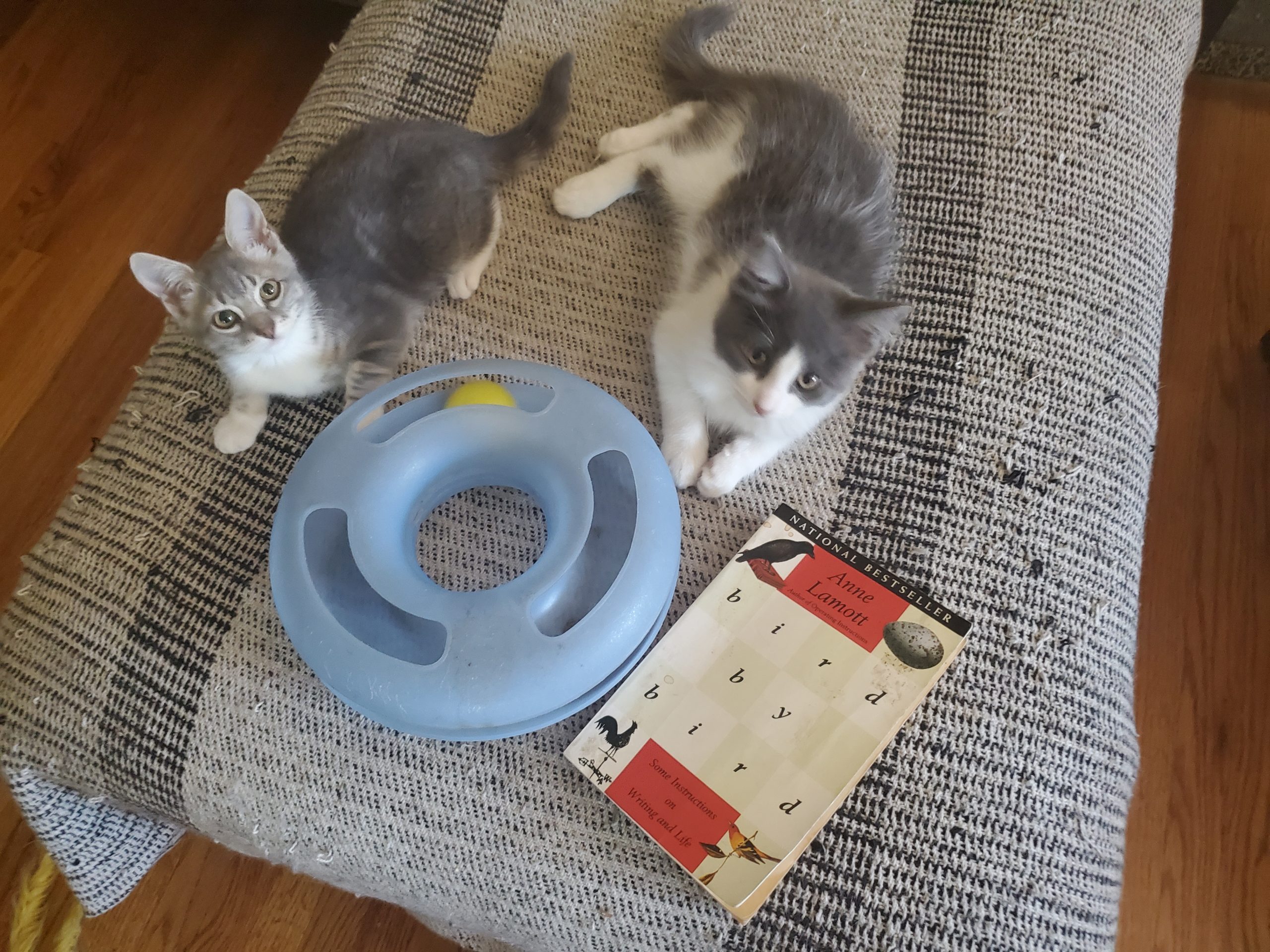
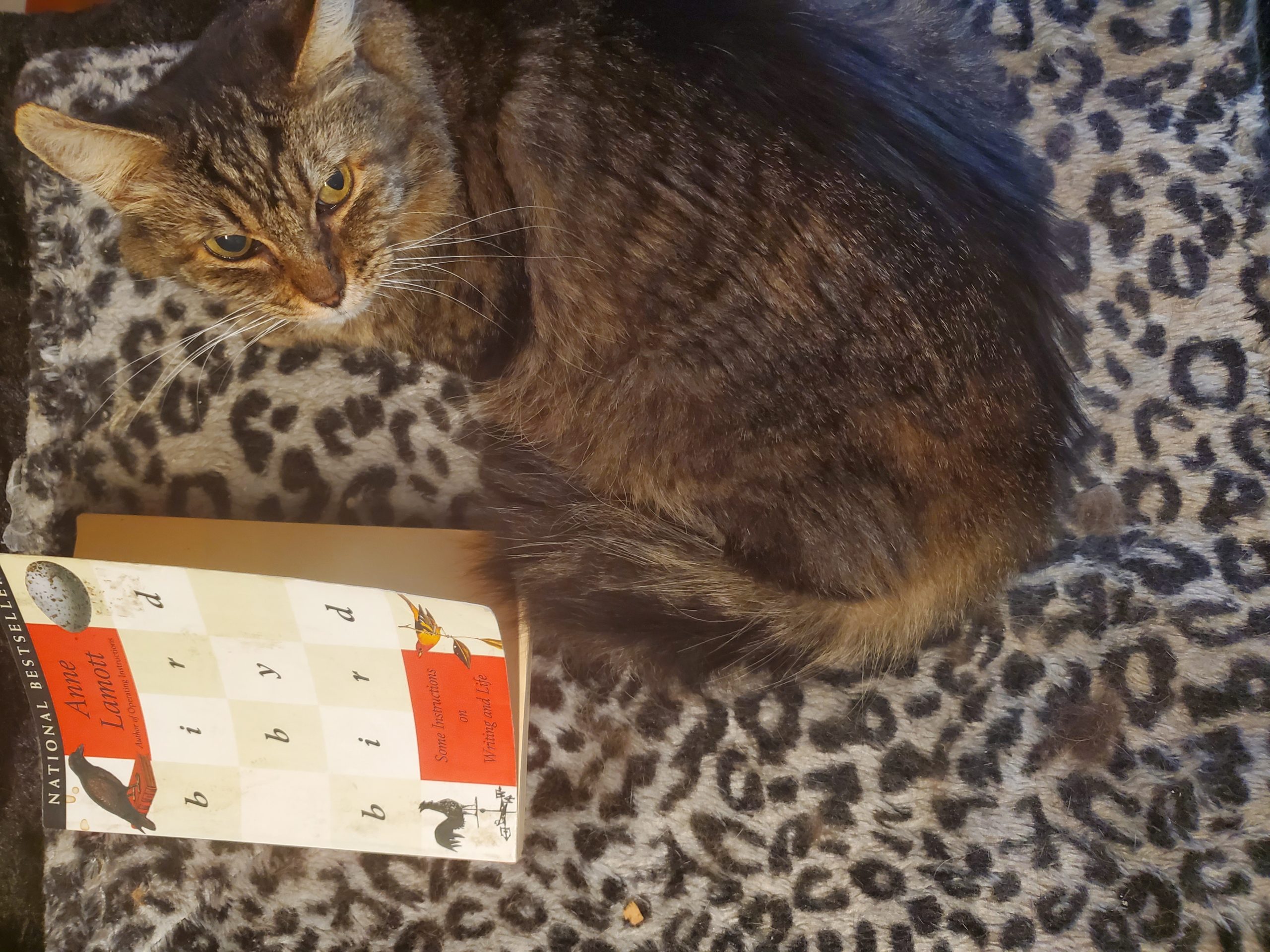
Workshop: Naming Names in your Memoir
For this week’s workshop episode, Renee wrote about the brief time she spent as a child in Pacific Grove, CA, taking care to identify specific streets and locations as...